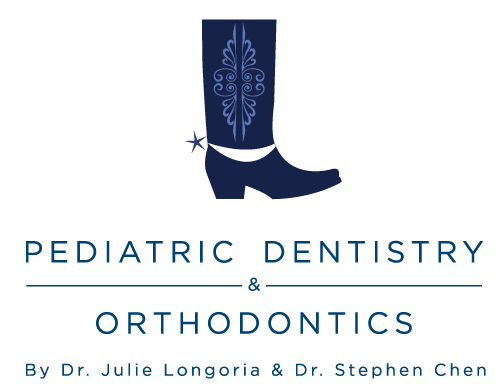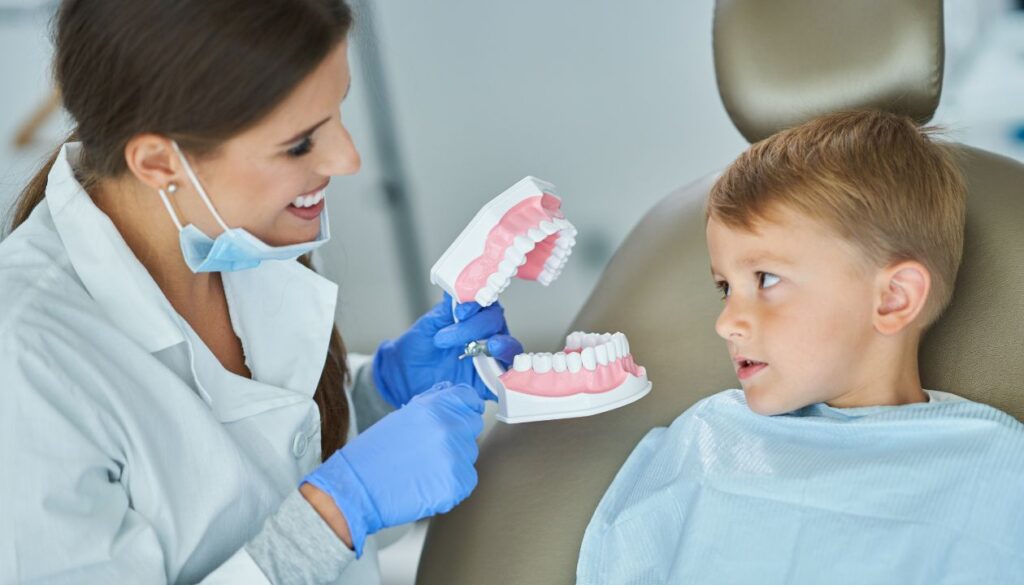When it comes to your child’s dental health, prevention is key. Preventive pediatric dentistry focuses on maintaining healthy smiles from an early age, ensuring that your little ones develop good habits that last a lifetime.
From fluoride treatments to sealants, these proactive measures create a strong foundation for a lifetime of healthy teeth. Discover how preventive pediatric dentistry can make a significant difference in protecting those precious smiles.
Techniques in Preventive Pediatric Dentistry
Preventive pediatric dentistry incorporates a variety of techniques aimed at protecting and promoting children’s oral health. By utilizing effective strategies, you can significantly reduce the risk of dental issues and ensure vibrant, healthy smiles.
Regular Dental Check-Ups
Regular dental check-ups are fundamental in preventive pediatric dentistry. Schedule these visits every six months to facilitate early detection of dental problems.
Your dentist will conduct thorough examinations to identify cavities, gum disease, and other potential concerns. During visits, your dentist can reinforce proper oral hygiene habits, tailoring advice to your child’s specific needs.
They’ll also track your child’s dental development, ensuring that teeth erupt correctly.
Professional Cleanings and Fluoride Treatments
Professional cleanings protect against plaque buildup and tartar accumulation. During these cleanings, a dentist or hygienist will remove stubborn deposits, helping maintain gum health.
Following the cleaning, fluoride treatments serve to strengthen tooth enamel, providing an extra layer of defense against decay. These treatments are safe and effective, and your dentist can recommend the best frequency based on your child’s individual risk factors.
Incorporating both cleanings and fluoride treatments into your child’s dental care routine fosters a protective environment for developing teeth.
Benefits of Preventive Pediatric Dentistry
Preventive pediatric dentistry offers numerous advantages that significantly impact your child’s dental health. Early intervention and consistent practices lay the groundwork for a lifetime of healthy smiles.
Early Detection of Dental Issues
Early detection of dental issues during routine check-ups minimizes the risk of severe problems later. Regular visits allow dental professionals to identify cavities, gum disease, and alignment issues before they escalate.
With recommended six-month check-ups, monitoring dental development becomes manageable, ensuring timely treatments when necessary. Utilizing preventive X-rays aids in revealing hidden issues, promoting proactive measures that save time and reduce costs.
Promoting Healthy Habits
Promoting healthy habits establishes a strong foundation for your child’s oral hygiene. Teaching proper brushing and flossing techniques at a young age reinforces the importance of dental care.
Routine discussions about nutrition also help instill lifelong habits that support dental health. Encouraging a balanced diet reduces the risk of cavities, while fluoride applications and dental sealants protect teeth from decay.
By promoting these habits, you empower your child to take charge of their dental health, ensuring vibrant smiles for years to come.
The Role of Parents in Preventive Care
Parents play a crucial role in their children’s preventive dental care. Active involvement in promoting dental health sets the stage for lifelong healthy smiles.
Encouraging Good Oral Hygiene
Encouraging good oral hygiene starts at home. You can instill daily routines, like brushing twice a day and flossing regularly.
Teaching proper techniques ensures thorough cleaning. Use fluoride toothpaste for added protection against cavities. Make brushing fun through engaging activities or rewards.
Regularly monitor your child’s progress and help them develop a sense of responsibility for their oral health.
Nutritional Guidance for Healthy Teeth
Nutritional choices directly impact dental health. Provide a balanced diet rich in fruits, vegetables, and whole grains. Limit sugary snacks and beverages that lead to decay.
Educate your child on the effects of junk food on their teeth. Encourage water consumption, especially after meals, to wash away food particles.
Seek out nutrient-dense snacks like cheese or yogurt, which support enamel strength. Reinforcing good dietary habits helps maintain strong teeth and gums.
Conclusion
Embracing preventive pediatric dentistry is essential for safeguarding your child’s smile. By prioritizing regular dental check-ups and instilling good oral hygiene habits, you set the stage for a lifetime of healthy teeth.
These proactive measures not only prevent costly treatments down the line but also empower your child with the knowledge to care for their teeth effectively.
Your active involvement in their dental care journey can make a significant difference. By encouraging balanced nutrition and consistent oral hygiene practices, you help create an environment where their smiles can thrive.
Remember that every small step you take today contributes to their long-term dental health and confidence.
Frequently Asked Questions
What is preventive pediatric dentistry?
Preventive pediatric dentistry focuses on proactive measures to maintain children’s dental health. It includes regular check-ups, education on oral hygiene, and treatments like fluoride applications and sealants to prevent dental issues before they arise.
Why are regular dental check-ups important for children?
Regular dental check-ups allow early detection of potential dental issues, such as cavities and gum disease. These visits help professionals intervene promptly, reducing the need for more costly treatments in the future.
How often should children visit the dentist?
Children should visit the dentist every six months for routine check-ups and cleanings. This schedule helps maintain optimal dental health and allows for timely identification of any developing problems.
What role do parents play in preventive pediatric dentistry?
Parents are crucial in promoting their children’s dental health. They can encourage good oral hygiene practices, teach proper brushing and flossing techniques, and instill a balanced diet to support strong teeth and gums.
How does fluoride help children’s teeth?
Fluoride strengthens tooth enamel, making it more resistant to cavities. Regular fluoride treatments during dental visits are essential for maintaining healthy teeth in children and can significantly reduce the risk of decay.
What are dental sealants, and how do they benefit children?
Dental sealants are protective coatings applied to molars to prevent cavities. They create a barrier against food particles and plaque, making it harder for cavities to form, especially in young kids who may struggle with thorough brushing.
How can a balanced diet impact dental health?
A balanced diet rich in fruits, vegetables, and whole grains supports dental health by providing essential nutrients and minimizing sugary snacks, which can lead to cavities. Good nutrition is a fundamental aspect of preventive pediatric dentistry.
What techniques can parents teach their children for better oral hygiene?
Parents can teach children proper brushing and flossing techniques, emphasizing brushing twice a day and flossing once daily. Encouraging them to use fluoride toothpaste and make regular dental visits also establishes healthy habits for life.
Protect Young Smiles with West U Smiles in Houston, TX
Give your child the best start to lifelong oral health with preventive pediatric dentistry at West U Smiles. Our gentle, expert care keeps young teeth strong and healthy. Schedule an appointment today and safeguard your child’s smile for the future.


